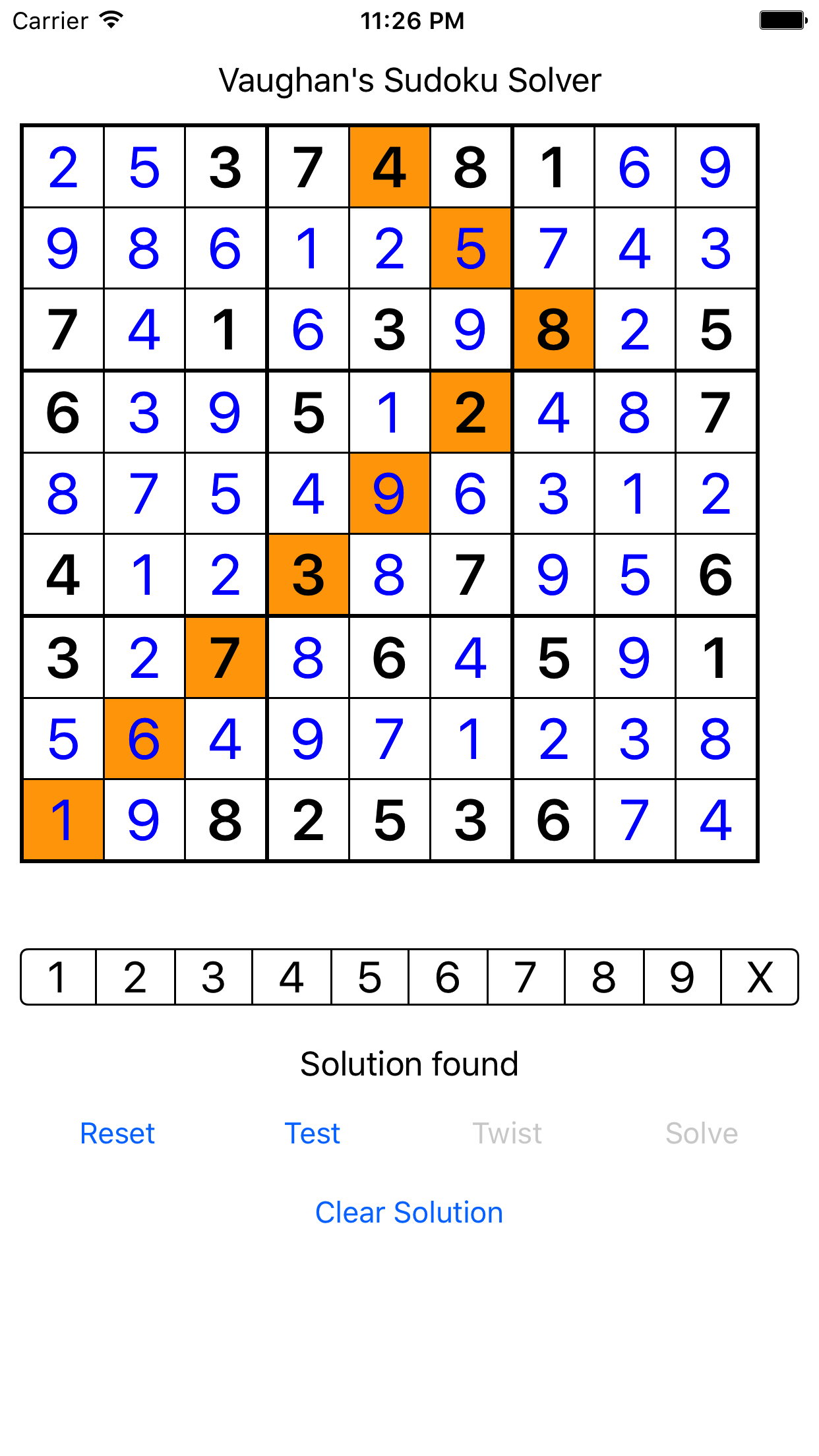


While Android proper is certainly the most widespread of Google’s Android operating systems, the company has also launched many offshoots of the main OS over the years. In the earlier days, Google famously gave its major software releases dessert-themed codenames, but retired that practice in 2019 with the release of Android 10. Full list of Android OEMsĪndroid has seen countless software revisions over the course of its life, but in modern times the OS usually sees a major release on an annual cadence. Today, there are dozens of major device makers contributing to the Android ecosystem. Huawei is a dominant Android maker in China and many European markets, while Samsung is by far the most popular maker in the United States by far - effectively creating a duopoly with Apple. In more modern times, there are several Android smartphones makers that popped up across various niches and in several international markets. Samsung Galaxy S, S2, S3, S4, and their successors.Some of the most iconic Android handsets include: There was the original T-Mobile G1, as mentioned, but there was also the HTC One Google Play Edition, Moto G, Samsung Galaxy S4, and others. There have been thousands of Android phones released since Android’s inception, but some have been more important to the platform’s history than others. Android makers across the world Iconic Android handsets Soon after, HTC, Motorola, Samsung, and carriers like Sprint and T-Mobile jumped on board to form the Open Handset Alliance. HTC was the first manufacturer on board, and introduced the T-Mobile G1 running Android in September 2008. It didn’t take long after the launch of the iPhone for various manufacturers to enter the market with their alternatives - and Google’s Android immediately became the obvious platform of choice for just about everyone except Microsoft. had to go back to the drawing board to build something competitive. It’s well documented that after Apple shocked the world with the iPhone, ahead of its nearest competition by at least a couple years, Google and Android Inc. In its infancy, Android was an operating system built not for touch screen smartphones like the iPhone, but rather BlackBerry-like devices with physical keyboards.


 0 kommentar(er)
0 kommentar(er)
